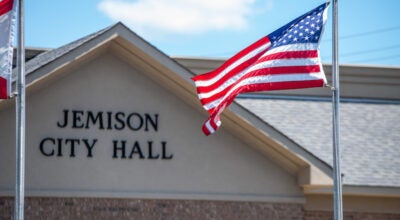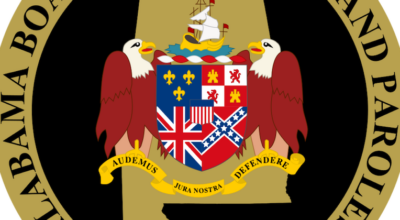Roles in history
Published 10:01 pm Friday, June 5, 2009
Saturday marks the 65th anniversary of D-Day, the World War II invasion of Normandy by the allied troops, a move that loosened Germany’s hold on Europe.
The operation was one of the largest-scale invasions in history, as well over 100,000 soldiers were sent to storm the beaches.
Two local men, each with different roles in the D-Day invasion, to this day remember where they were when the invasion began and the role it played on the war effort.
The French beaches were targeted by air and by sea, including air assaults using CG-4A gliders to deliver men and supplies just inland.
The CG-4A gliders would be picked up off the ground by airplanes equipped with a hook and cable, and could transport a jeep, men, weapons and supplies to places where the planes could not land.
Clanton resident Preston Little, now 89, was a glider mechanic with the Army Air Corps during World War II, and was located in Salby, England, where the gliders and planes left.
Little said the soldiers were unaware of the upcoming invasion until shortly before it began.
“The mechanics didn’t know anything,” Little said. “Our pilots were told an hour or two before.”
Little said the pilots were excited, and as they began returning the men in Salby were able to hear how the invasion was progressing.
“They said ‘You’ve never seen what’s going on in all your life,’” Little said.
“We pulled three missions that day,” Little said. On the first mission the pilots dropped paratroopers, on the second mission gliders were sent down, and the third mission involved carrying in supplies.
“We knew the next morning that it went well,” Little said. “They weren’t coming back.”
By the end of the war Little knew just about everything about the gliders.
“I could draw you one out,” Little said. “I slept in ‘em, ate in ‘em. I spent many a night in them.”
By the time Little reached France, the fighting had progressed to Belgium, but the damage was still there.
“It was just tore up,” Little said.
Little returned to Normandy on the 40th anniversary of the invasion. Little said it was a big event.
“Ronald Reagan made a speech there,” Little said. “We went to our old field in Salby, too. That really brought back memories.”
Little has not forgotten his experiences during the war.
“I think about it a whole lot,” Little said.
Little was not the only man from Chilton County with ties to the D-Day invasion.
O.J. McGriff, of Verbena, was in Normandy just four days after the initial invasion.
McGriff, along with his unit, was involved in setting up and maintaining the communication lines among the soldiers in the field.
“We advanced with them,” McGriff said. “Our job was to keep the communication intact.”
Although McGriff’s unit was not involved in combat, they were near the fighting and were at times in the midst of bombing and artillery.
McGriff said he and his unit just did what they could to survive.
“Everybody was trying to look after each other and be safe,” McGriff said. “We didn’t know what was ahead of us as we came to that beach.”
McGriff and the other members of his unit have stayed in touch over the years, and had a reunion in Washington, D.C., several years ago. McGriff was able to see the war memorials during his visit.
“I really enjoyed seeing them,” McGriff said. “The World War II memorial was really beautiful.”
McGriff said there are not many men left from his unit.
“A lot are not able to travel, a lot have passed on.” McGriff said. “Last reunion there was nine of us.”






